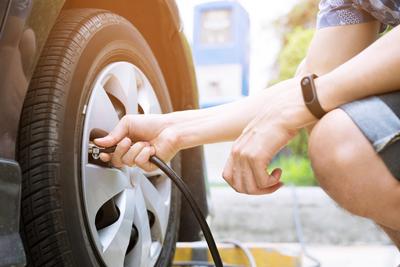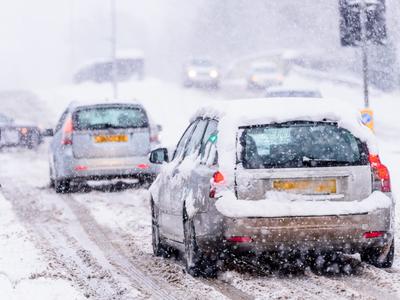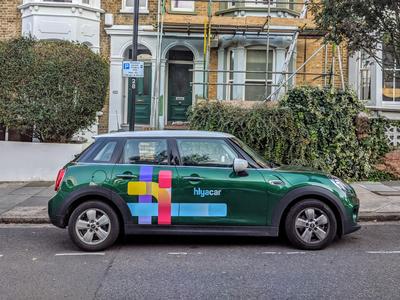
Most important car checks to perform before driving
It seems that life just keeps getting busier, but don’t let a lack of time put your safety at risk. As a driver, you’re responsible for the roadworthiness of your vehicle. Performing a few simple and quick car checks (whether it’s a car, motorbike, van, or other forms of transport) before you set off on the road is a must. If not to ensure you’ve done your utmost to ensure your own safety, but also the safety of others either in the vehicle with you or sharing the road.
We’ve put together a few top tips of the most important quick car checks you can do before you set off on the road.
Before any drive, ensure you know the car and the important controls. Say you’re getting into a car that you’re unfamiliar with. Get familiar with it before you even set off, for example; learn where your indicators are. Functions are situated in different places on most cars, depending on the make and model, so it’s important for you to be comfortable with the car before you even set out onto the road.
Check your fluids
One of the first car checks you perform is to look under your vehicle for any leaks ahead of driving off. Then go on to check all engine fluids. The checking of your engine oil levels should really be part of your weekly car checks, but particularly ahead of a long journey. This is what keeps the engine lubricated. If you fail to check it or change it when it’s due, it’s inevitable that you’ll experience a breakdown sooner than you would if you looked after it. Antifreeze and coolant levels should also be checked, as this is what helps to prevent your engine overheating.
During car checks it’s also worth looking at screen wash levels. It’s handy just make sure you have this topped up in case you do need it, to prevent any reduced visibility or having to take any emergency pit stops that could have been prevented.
Tyres
Some modern cars now advise you via a message system to the dashboard that there’s been a change in your tyre inflation PSI, but some cars may not. It’s always worth checking the PSI, especially as part of your car checks before a long drive. You’ll also need to check the tyre’s wear. UK law requires car tyres to have a tread depth of at least 1.6mm in a continuous band to the centre of the tyre. It’s not uncommon for manufacturers to mould tread bars at roughly 1.6mm to their tyres so it’s easier for you to check this. Also, car checks should look for obvious bulges or any foreign objects that might have been caught in the rubber.
Lights
When performing car checks, check all lights are working, not just your headlights. Whether you’re driving in the dark or not, it’s important that all your lights are working. Even if you have to get someone to help with your car checks to make sure. If you don’t have anyone to hand, use reflecting surfaces such as a window to make sure all your lights and functions are working correctly.
The dashboard
Anybody performing car checks should also make sure they’re familiar with the dashboard. If there’s anything flashing up that you don’t recognise, consult the car’s handbook, or even google it on your smartphone. Google is great for answering questions such as this. Some lights are more serious than others, but you’ll do more harm to the vehicle than good if you just ignore it. And that’s in the best-case scenario. The worst-case could be breaking down at the worst possible time.
It’s important to try and maintain your vehicle with regular car checks. MOTs are a given for vehicles more than three years’ old, but it can’t be stressed how important servicing is as well. Not only for safety but for the preservation of the vehicle, helping residuals, as well as helping to prolong the vehicle’s life span. Don’t fall into the trap of taking your car for granted. Prevention is better than cure!
If you’re looking to hire a car, take a look at the vehicles we have available!









